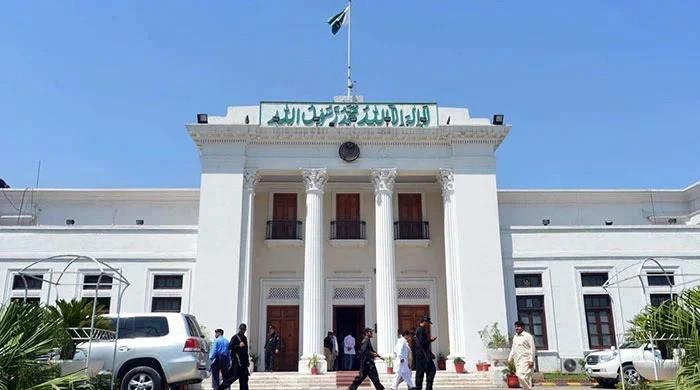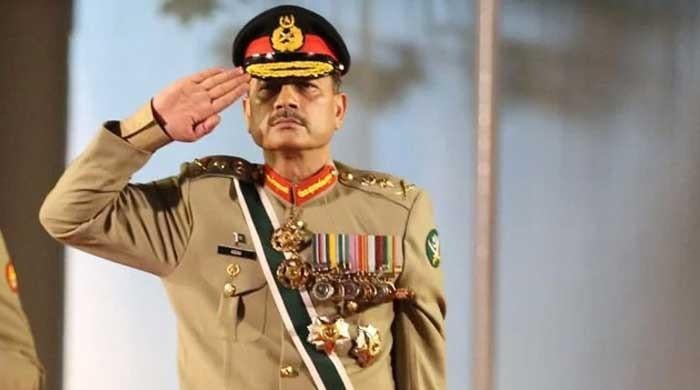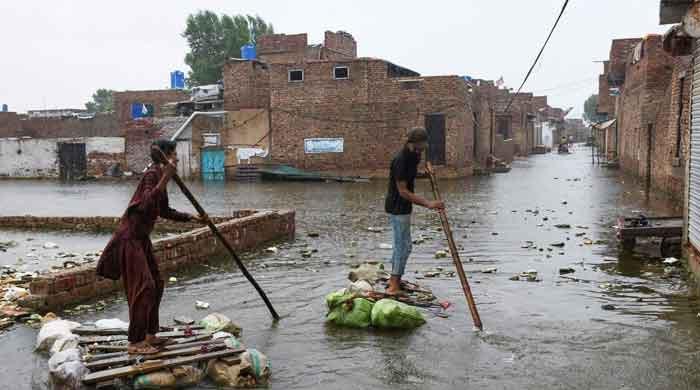Imran Khan's troubles similar to Benazir Bhutto's in 1988
Benazir confided to journalists that it was a mistake to accept a government without power. Will Imran Khan do the same?
December 16, 2018
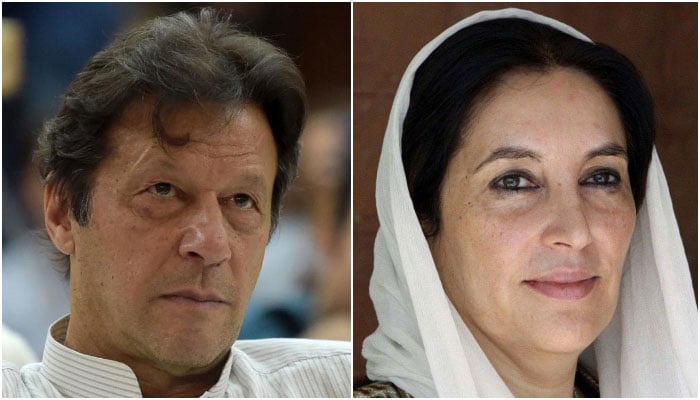
Prime Minister Imran Khan is in a catch-22 situation, similar to the one Benazir Bhutto found herself in during her first government.
Back then, Bhutto faced a torrent of challenges regarding the economy, corruption, parliamentary affairs and legislation. When Benazir Bhutto returned to Pakistan after General Zia ul Haq’s demise, her party emerged victorious in the 1988 election, but fell short of an absolute majority. Forced to seek coalition partners, she approached the Muttahida Qaumi Movement (MQM), which agreed and became her government's largest alliance party.
Bhutto was the first female head-of-state of a Muslim country. Her party picked up the most seats in the first democratic election since 1977. Bhutto should have been calling the shots, but her coalition held her back. She was compelled to compromise on appointments, ministerial portfolios, and bureaucratic shuffles.
Even her 23-member cabinet was not entirely of her choosing. Bhutto kept the defence portfolio for herself. Unwillingly, she had to retain V.A. Jaffrey in her cabinet as her adviser on finance, planning and economic affairs. Jaffrey ran the central bank under Haq. Another questionable choice was Shahabzada Yaqub Khan, appointed the foreign minister. Khan served as the foreign minister for several years also under Haq's military regime.
Yet, there were many expectations from Benazir Bhutto. In her maiden speech, she spoke of a tolerant and progressive Pakistan, in line with a modern state. She promised to provide basic faculties such as roti, kapra and makaan. During her tenure, she wanted to nullify the 8th amendment, which allowed the president to unilaterally dissolve the national assembly, and strengthen the parliamentary system. But she could not achieve that in her term. (Her husband later brought in the 18th amendment to reduce the powers granted to the president).
The adding budget deficit and religious violence eclipsed her burgeoning fame as a politician. However, when she appointed her mother, Nusrat Bhutto, a senior minister without a portfolio, named her father-in-law as chairman of the parliamentary Public Accounts Committee and began political appointments in the civil bureaucracy, her government's popularity graph hit rock bottom.
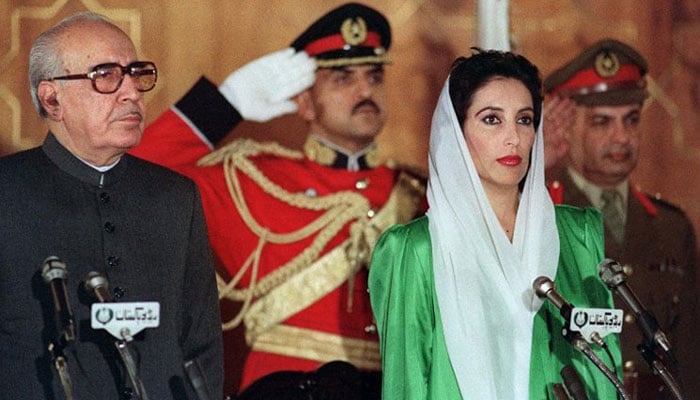
She was soon faced with political alienation. The MQM withdrew itself from the government in October 1989. The same year, she narrowly survived a no-confidence motion in the national assembly. She later said that the opposition remained a stumbling block in her way when drafting new legislations.
Benazir Bhutto also confided to senior journalists that it was a mistake to accept a government without power. Will Imran Khan do the same?
Just a 100 days in office and Khan seems to be close to realising the harsh realities that Benazir Bhutto was faced with. Similar to Bhutto, he won the polls but cannot appoint his own men, due to the various political parties he is in coalition with.
In his cricketing days, Khan was famous for selecting his own team. Not anymore. Most of the ministers and advisors in the Pakistan Tehreek-e-Insaf (PTI) government are not old companions of the party or even ideologues. No one, to this day, can understand what led him to appoint Usman A. Buzdar as the chief minister of the most prized province, Punjab.
In his first televised speech, he promised an 11-point reform program, which would include self-reliance, revenue generation, cracking down on corruption, and increasing employment.
The scoreboard, on the vows, is patchy till now.
So much so that Khan has now had to justify this habit of taking U-turns on key policy decisions. But Imran Khan still has time, to learn from the mistakes of his predecessor. Luckily, for him, all signs point to him completing his five-year term. Bhutto never had that opportunity.
Khan is a freelance writer based in Lahore.
Disclaimer: The opinions expressed in this article are those of the author and do not necessarily reflect the official policy or position of Geo News or the Jang Group.







